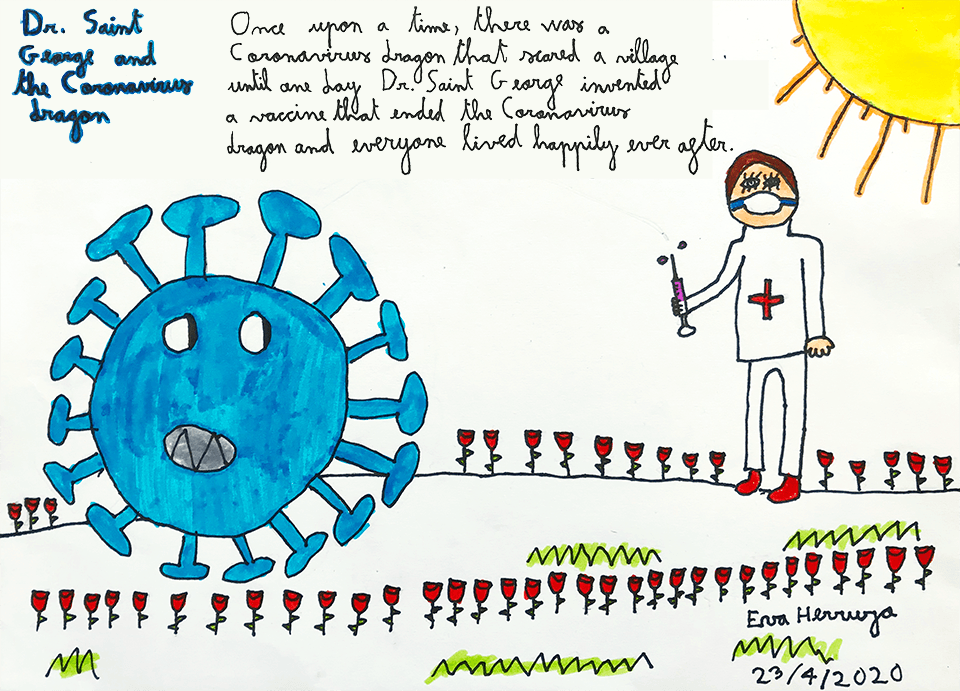
Too much information – what to believe?
The coronavirus (2019-nCoV) pandemic and response has been accompanied by what the World Health Organization has called an ‘infodemic’ – an over-abundance of information – some accurate and some not – that makes it hard for people to find trustworthy information when they need it. At the same time, many people lack the ability to think critically about what to believe and act on.
It is important that people learn to think critically about what to believe and what to do, starting from a young age. Focusing on health – including what to believe and do about COVID-19 – capitalises on the importance of health to everyone. Moreover, the same Key Concepts that people need to understand and apply when assessing claims about what to do for health are largely transferable to other types of interventions , including economic, social, and environmental interventions to address consequences of the pandemic.
Learning resources
Mythbusters
There are many excellent efforts to debunk misinformation about COVID-19 and to provide people with reliable information. These include efforts by journalists (e.g. Coronavirus mythbusters: Sorting the facts from the fakes), fact checkers (e.g. Fake news in the time of C-19), public health organisations (e.g. Coronavirus disease (COVID-19) advice for the public: Myth busters), and others.
Questions and answers
An excellent example of a resource that helps to empower people to assess other claims, in addition to the specific COVID-19 claims that are addressed, is iHealthFacts. For each specific claim that is addressed (e.g. “Does drinking alcohol protect you against COVID-19?”), iHealthFacts summarises what is known from research evidence about the claim. In addition, it highlights the Key Concepts (“Things to remember”) that are relevant for assessing that claim (e.g. “Opinions alone are not a reliable basis for claims about the effects of treatments.”). Each Key Concept includes a link to an explanation of the concept on the Informed Health Choices (IHC) Thatsaclaim website (e.g. Opinions alone).
For young people
The Thatsaclaim website also includes explanations of Key Concepts that are written for younger (primary school) learners and for other types of interventions, such as environmental interventions. We encourage others to use this resource to help learners of all ages to make informed decisions about what to believe and what to do in response to COVID-19 claims, as well as other claims.
The Informed Health Choices primary school resources were developed to teach the Key Concepts to 10-12-year-olds. They were found to be effective in a large trial with over 10,000 children. The Health Choices Book can be supplemented with COVID-19 examples. Alternatively, chapters in the book can be used separately as resources to help children understand and apply the 12 Key Concepts that are included in the book when discussing COVID-19 claims. The book is open access and can be downloaded as a PDF in English, Spanish, Kiswahili, Kinyarwanda, Norwegian, French, Italian, Greek, Croatian, Basque, Catalan, Persian, and Brazilian-Portuguese. See the top menu above for resources and information in multiple languages.
We are currently developing learning resources for lower secondary schools. Given the relevance of COVID-19 to people everywhere, we are using COVID-19 examples in those resources to teach Key Concepts.
Please share your experiences with us
If you use any of the IHC resources to teach or learn how to think critically about COVID-19 (or other) claims, please let us know and send us your feedback, including suggestions for improving the resources or creating new ones: contact@informedhealthchoices.org
